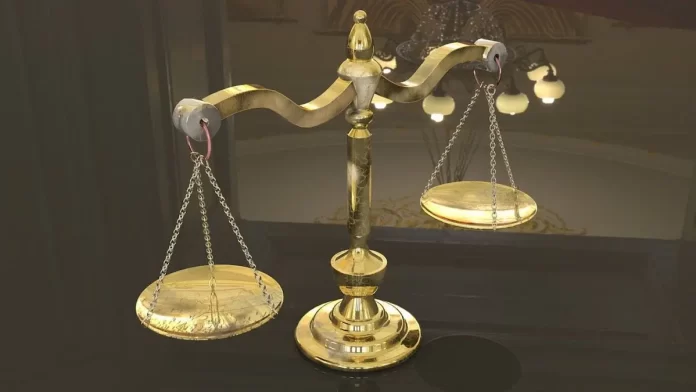Union Minister of Law and Justice, Kiren Rijiju on Thursday informed the Rajya Sabha about the procedure for drafting laws.
He told that the Legislative Department of the Ministry of Law and Justice prepares the draft law after consultation with experts and concerned stakeholders
In a written reply to Rajya Sabha i.e. the Upper House of the Indian Parliament, Rijiju told that the first step of legal drafting entails the formulation of the legislative proposals in consultation with experts and stakeholders.
This is done by the Ministry or Department to whom a subject matter is allocated under the Government of India (Allocation of Business) Rules, 1961.
Once the legislative proposals are formulated by the concerned ministry or department, then the Legislative Department of the Ministry of law and justice prepares the draft law on the subject concerned.
This is done keeping in mind the consultation with the administrative Ministry concerned in accordance with the procedure laid down in the Manual of Parliamentary Procedures.
Chapter 9 of the Manual of the Parliamentary Procedures in the Government of India provides procedures for legislation and the Legislative Department follows the procedure stated in that Manual while drafting laws.
It may be noted that Paragraph 9.3 of Chapter 9 of the Manual of the Parliamentary Procedures provides that the Ministry of Law and Justice (Legislative Department) will prepare a draft Bill ordinarily within 30 days from the date of receipt of the proposal after clearance from the Department of Legal Affairs.
It provides further that this draft has to be prepared on the basis of the material made available by the concerned Ministry and Department, holding discussions with the officers of that Ministry or Department for getting various aspects of the Bill clarified, wherever considered necessary.
